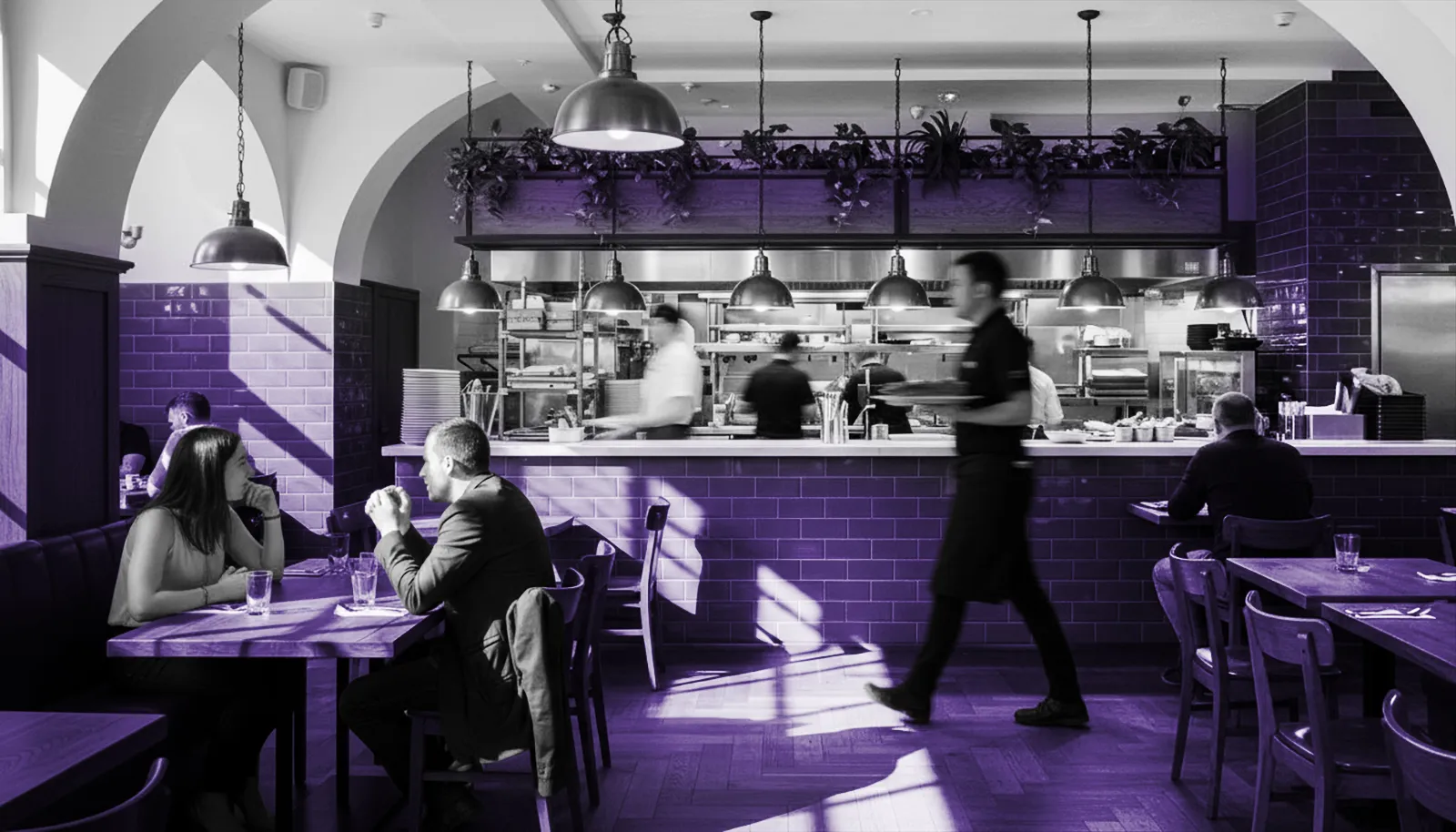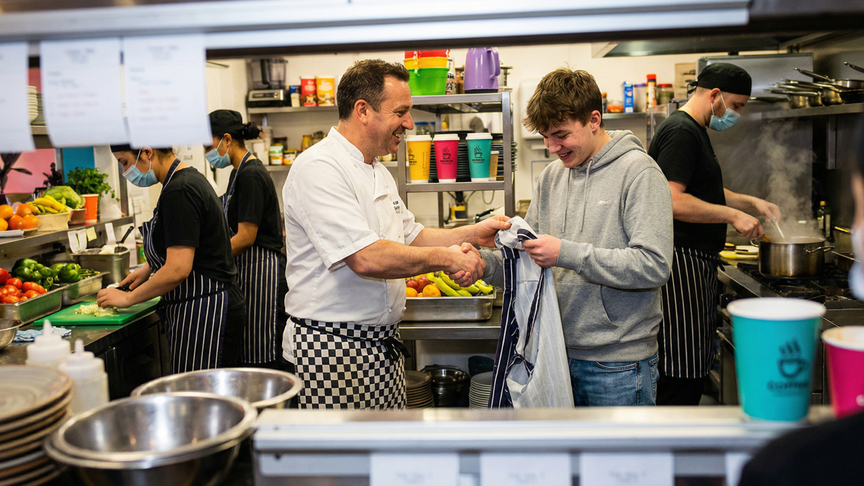It’s been a difficult year across the board, but the UK’s hospitality sector’s crisis has reached new depths this year.
The latest figures from the Office for National Statistics (ONS) show the industry has lost 59,000 employees in the past 12 months, making it the worst-hit sector in the UK labour market.
The data highlights the scale of the challenge for hospitality and food service employers, who have faced rising costs, fluctuating demand, and continued hiring struggles.
Mounting pressure
Staffing shortages have hit venues of every size, from high-street restaurants to large hotel groups, forcing many to scale back operations or reduce opening hours. Some operators report difficulties filling front-of-house and kitchen roles, while others say higher wage expectations are reshaping how they plan their staffing budgets.
Combined with unpredictable consumer spending, these pressures have left many hospitality businesses caught between maintaining service standards and protecting already tight margins. Predictably, while other industries have managed to stabilise their headcounts, the sector’s recovery remains fragile.
Early signs of recovery
However, data from Employment Hero for September does suggest a brief glimpse of improvement. It shows employment in hospitality is up 4.1% month-on-month, suggesting that some employers are hiring again ahead of the busy autumn and festive period.
These short-term gains haven’t made a dent in the wider hiring slowdown trend. On a year-on-year basis, hospitality employment was up just 1.5%, compared with 2.7% across total UK employment. That modest growth, combined with the ONS confirmation of a steep annual decline, points to a sector still struggling to rebuild its workforce after several turbulent years – especially in the aftermath of last year’s Budget.
Rising wages, rising pressure
Rising pay pressures are potentially adding further strain. The same Employment Hero data showed average wages in hospitality rose 3.5% month on month and 16.6% year on year, far above the national average. For many businesses, higher wages reflect both the cost of living and the ongoing difficulty of attracting and retaining staff in a competitive market. As a result, a number of businesses have no choice but to rethink how they manage labour, meaning the focus may shift from rapid expansion towards sustainable workforce management.
Eyes on the Budget for support
With the Budget fast approaching, the industry will be watching closely for any policy measures to ease these pressures, including targeted support for hospitality or potential relief on employer costs. Without them, this hint of a turning point may not emerge for some time yet.
While the road to recovery may be long, it’s too early to say whether the food service sector will fare worse in the coming months. The next test will be whether the small gains we’re seeing in the short term can translate into sustained growth through 2026.























